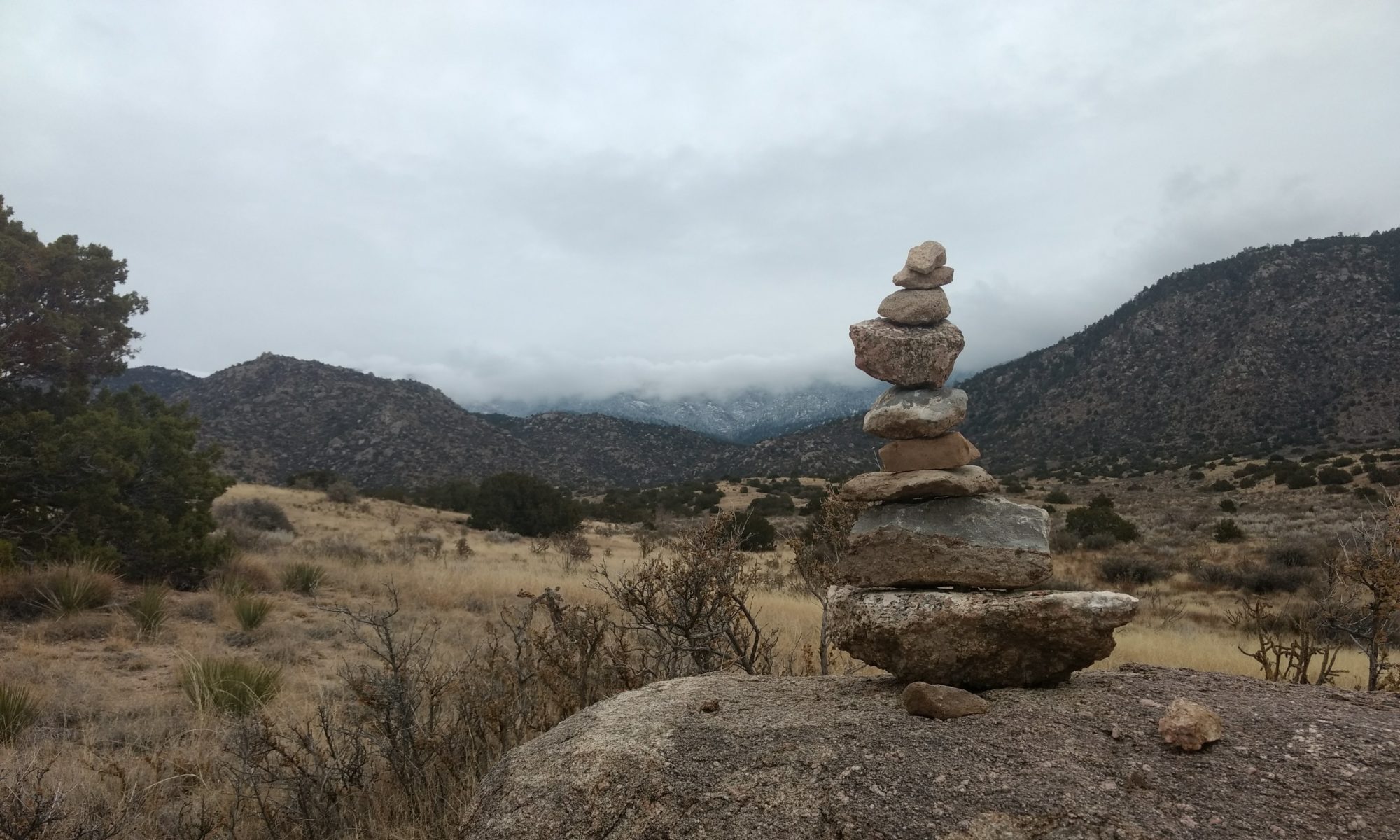Since there is all this spectulation about Google Me I feel it only fair that I bore you with my worthless predictions.  So, what is Google Me? Despite what hern Schimit may say, it’s Google’s attempt to build a Facebook-like corral around its many properties. In essense it’s Google continued attempts (perhaps the final attempt) to build social into it’s services. Not that it isn’t there already, but to the fickle ‘geek-narati’ it sucks. Social anything is a fickle bedfellow.  Let’s take some of these descret pieces and construct the sum of there parts. Piece one: Buzz. First off I love buzz.  It has brought me into this social networking world, so much so that I have a Twitter account and two blogs (things I did not possess prior).  Without it I just would be an outside observer of this whole social network trend. It does have it’s problems, but so does Twitter and Facebook. Despite what the official Google line is on where the idea came from for Buzz, the aquistion of Jaiku was a pretty smart investment.  For those of you that don’t know Jaiku, according to Wikipedia: “Jaiku was a social networking, micro-blogging and lifestreaming service comparable to Twitter” if not better than Twitter back in the day. This was the predecessor to Google Buzz, though no one from Google knows or acknowledges the existence of Jaiku’s engine in code base, I am sure some of the engineers from Jaiku were involved.  Anyway, allow me to introduce you to your Google Me wall. The multimedia rich nature of the Buzz stream makes it perfect for the function as your wall. Now just enable groups like Friendfeed use to which aide in dealing with the increasing noise and we’re 90% there.  Piece two: chat.  Roll it into the Google Me profile pages. Done.  Next, Blogger, Orkut and iGoogle. First a rant about iGoogle, its 2010 — what the hell is anyone doing using a portal?  Anyway, kill off iGoogle, revamp Orkut so it doesn’t suck then roll it into Google Profiles. Give power users the option to host blog-like home pages as an extension of the Me profile page. Blogger while a capable CMS is starting to show its age. To recapture some of its former glory simply turn it into Posterous or Tumblr.  Better yet open it up some more – platform it.
Gaming
Google is in talks with Zynga and other social gaming developers according to Wall Street Journal. Is Google building a gaming platform first?  I don’t know. What would be really cool is if they also talked to OnLive too. What better way to scale OnLive then with Googles massive server infrastructure. They also acquired Labpixies to help tighten up the Google API’s for gadgets and start building games in-house for a social network too. So one can speculate that this is the ultimate hook to get folks to try it.  However, simply slapping Farmville and Solitaire on this platform won’t make a dent in Facebook, but maybe a Quake or Halo clone (for dudes) or smaller more causal games may do it. I am torn by this one though. Games are kind of gimmicky at best and is not the underlining reason Facebook has 500 million users.  This is a very important piece, but I sure hope this isn’t a linchpin of Google Me else the brains at the Goog have read this one wrong. Google builds platforms so I predict that a very important aspect of Google Me will be a cloud based gaming platform spanning the spectrum from social to first-person shooters. Wishful thinking I know, but a brilliant move if it comes to past.
The Wave component
I am bullish on wave as most of you know, so including them in my prediction is typical coming from me. However, short of the architecture, I see no need to include them in Google Me today. I fear Wave is destine for the Enterprise and corporate obscurity. It is a bit to heavy as a commenting and micro-blogging engine. Many of its componets will be included in the overall communications platform strategy, but as for bringing it into a social network — I’m thinking never.
YouTube and Google TV
It’s the largest spot on the net for video. Hooking it into Google Me is a no-brainer. They have done a descent job of “socializing it”, but it must do more. How about some exclusive content? Google TV, when it is deployed in its final form, will be an excellent resource for sharing what you are watching in real-time. Combine this with commenting ala Buzz (Your Google Me wall) and you have built something sticky. Now do the Google open thing and allow people on Hulu, NetFlix, Vimeo, etc. to do the same and they have a high horse from which to preach openness.
The Picture Piece: Picasa
I mean everyone who has a social network has a photo sharing mechanism. However, they will need to remain open to other photo sharing sites like Flickr. I’m biased because I love Flickr.
Social Search
This is the area where Google should fear nothing from Facebook. So to maintain this hegomony they need to unleash its power on the as yet defined Google Me community. Aarvark, Sidewiki and Knol (I don’t think it died just absorbed or transformed) are all part of those data signals I preach about when it comes to real-time data mining. What all these disjointed services have in common are that there chief functions revolve around social. Aardvark takes an approach to search that I believe Facebook and Quora are taking. If you read Aardvark’s paper about building a Large Scale Social Search Engine they are essentially using advanced AI coupled with the Social Graph to route questions to the persons in your graph who might be able to answer it for you. This is probably not why Google bought them unfortunately. They want the AI talent. Let’s hope they allow Aardvark to become part of “Me”.  It’s a great service that will add much value to the social effort. Then there is Google’s mysterous investment in Recorded Future (going dutch with the CIA). What is intriging about this is that the company spiders and parses web traffic and pages in real-time to perform spatial, temporal and sentiment analysis on the data. This would be a power weapon to determine relevancy based on a social graph and real-time web traffic such as status messages.  A Q & A engine at scale using semantic data would be an extremely power supplement to Google’s already superb search API. That builds a Knol socially, semantically and organically. I don’t think we have seen the last of Knol.  Prediction: You’ll be able to ask natural-language questions of your social graph in Google Me and get relevant answers from both your “Friends” and the Google Algorithm with relevant ads served on the side. All this possible because Google has accumulated (or acquired) all the verticals to bring you the relevant answers.
Mobile
Android will be just as an important component of Google Me as Search and Games. Why? Because it is the edge point platform of the future. Performing real-time to spatial analysis requires location-aware applications on a platform that can do so. There will soon be millions of Android phones most with Google services on them. That is a heck of a way to lure users in. Build vertical market that starts with an addictive social network, combined with addictive games and search utility where ever you go. This is the nuclear option that no other social network competitor  has, a hardware platform to ensnare users. Prediction: Google Me will be more mobile focused than anything else out there.
Windcard: Music and all of the above
Remember Simplify Media?  When Android Gingerbread launches this fall it will come with a cloud-base iTunes competitor. This will roll right into Google Music which is rumored to be out this fall. Google Me could be the digital storage cloud we put our media that is accessed from every web-based device we own. Our own dataspace owned and operated by Google.
Bring it all together and what do you get? Google Me will be your piece of cyberspace where you store and have access to at all times every piece of media, every message, contact and connection where ever you are. It will be powerful, device agnostic, social and ubiquitous.  That’s the play and going to be the pitch. I haven’t even gotten to Google Apps and Gmail. Google want to manage your dataspace and that will begin this fall.  Stay tuned….



